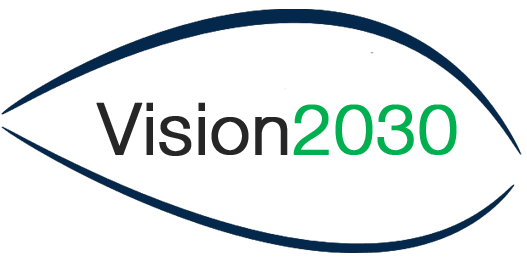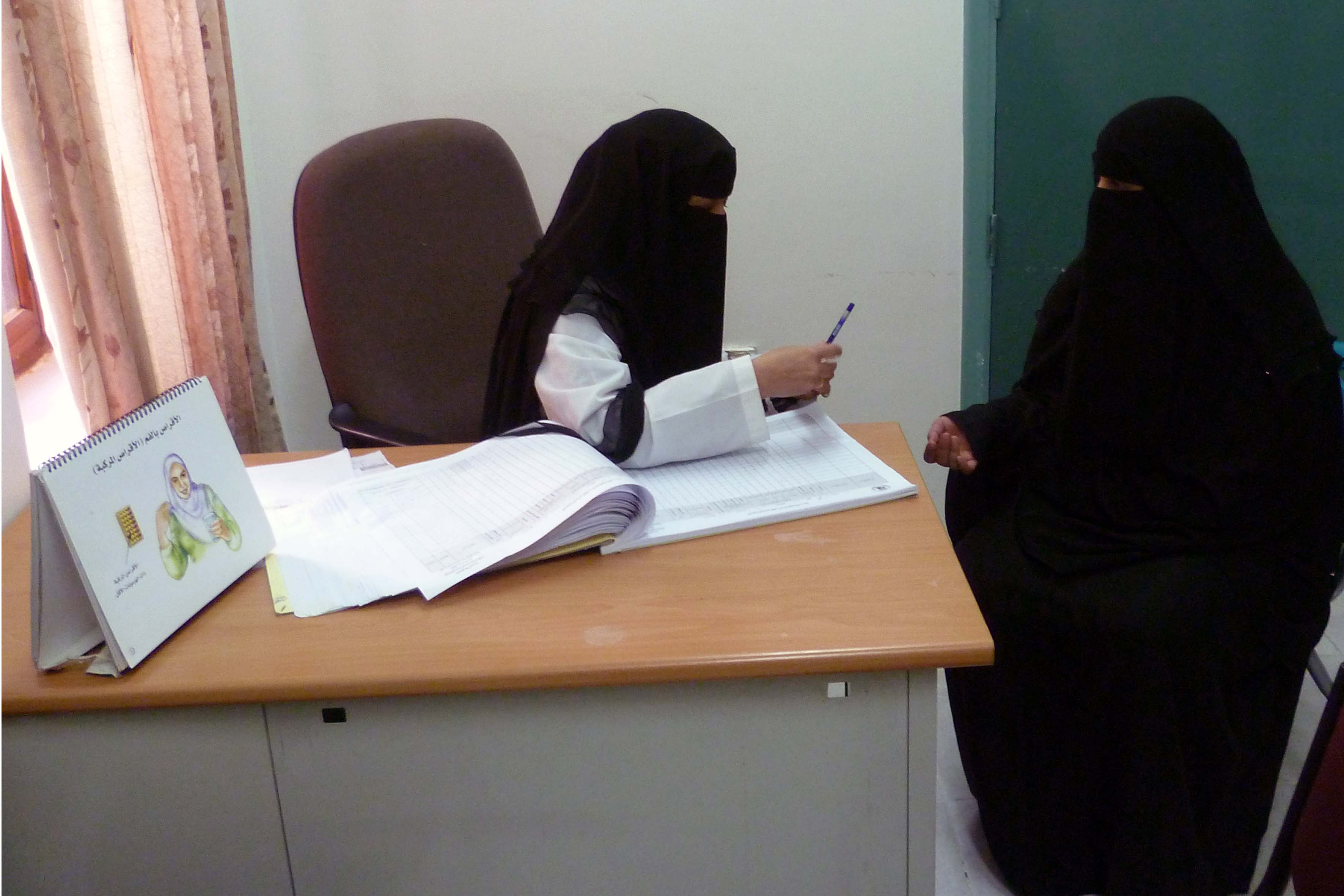 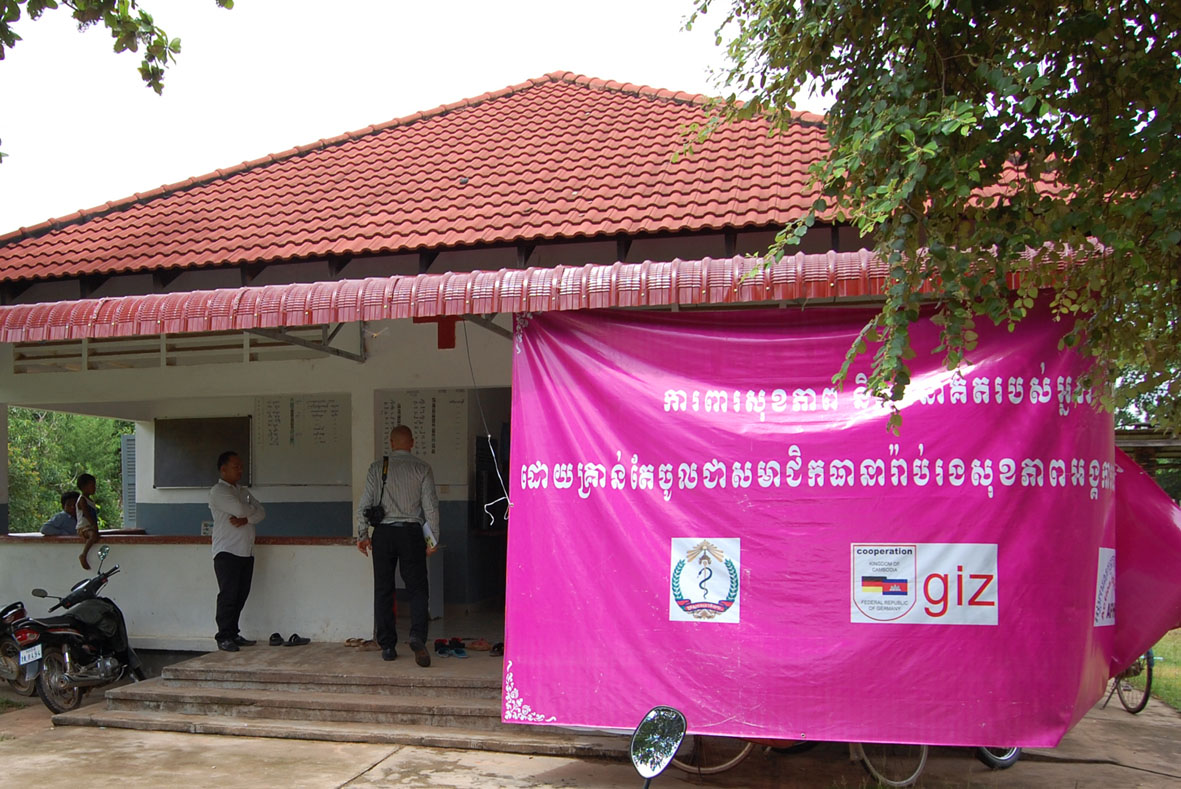 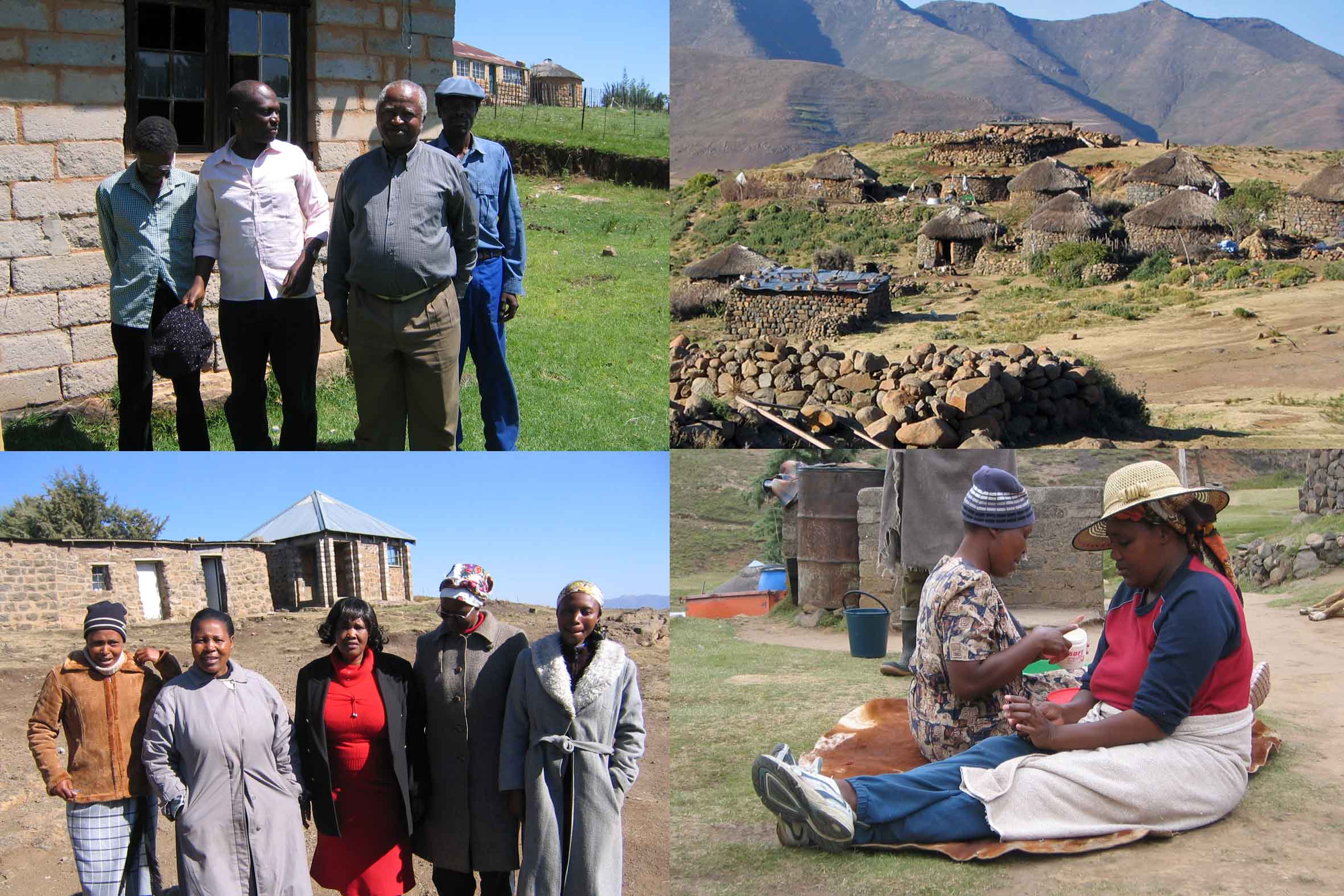 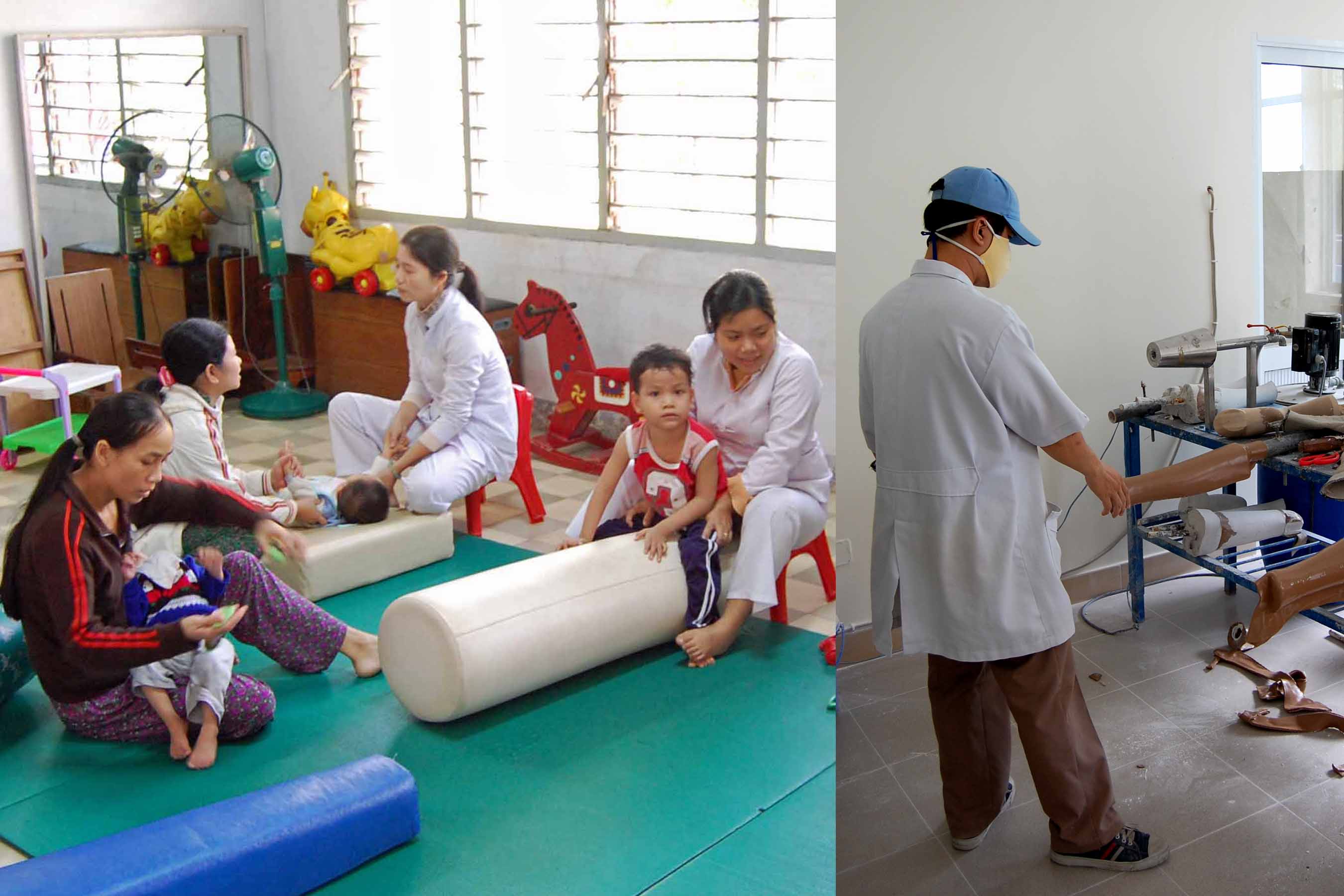 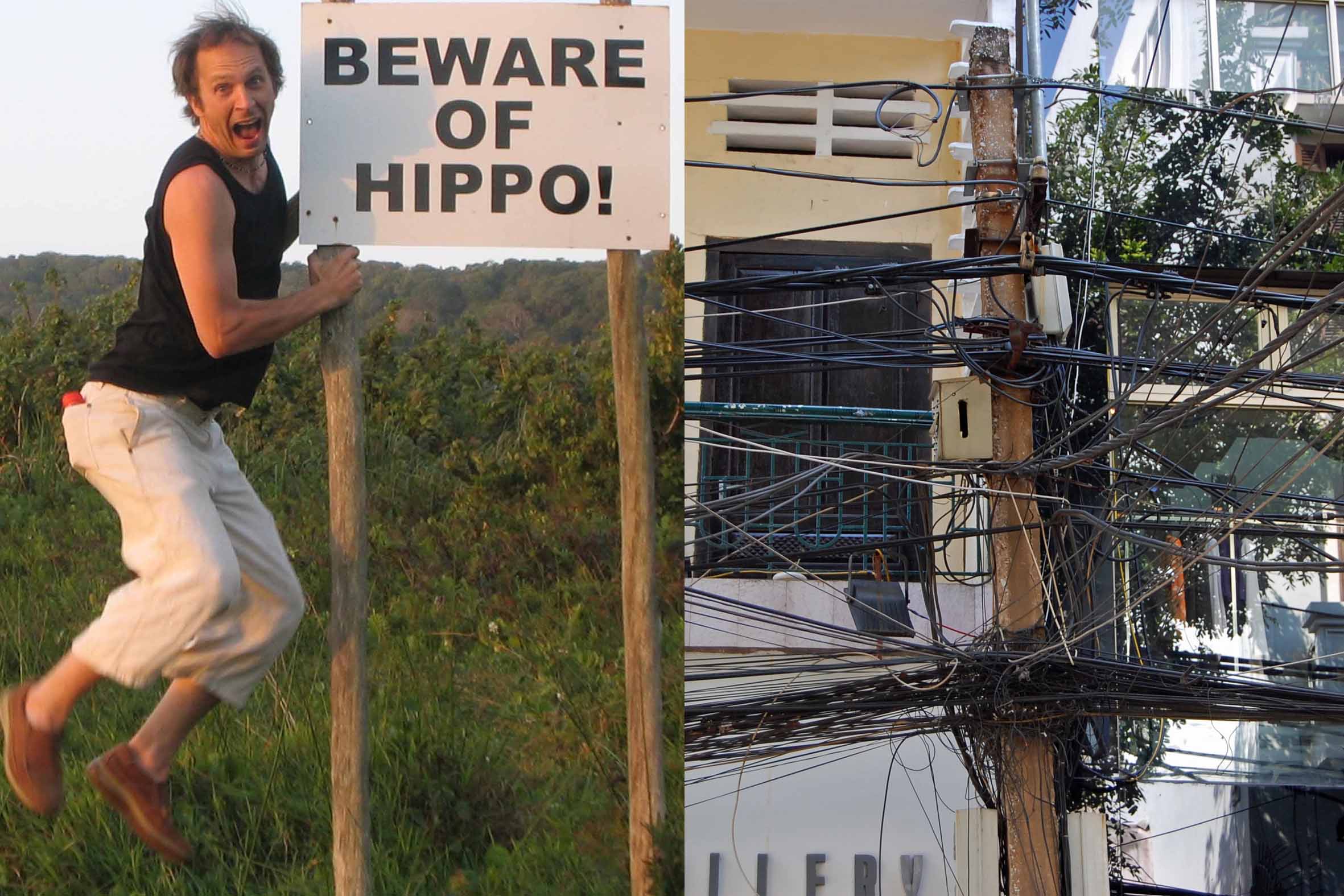 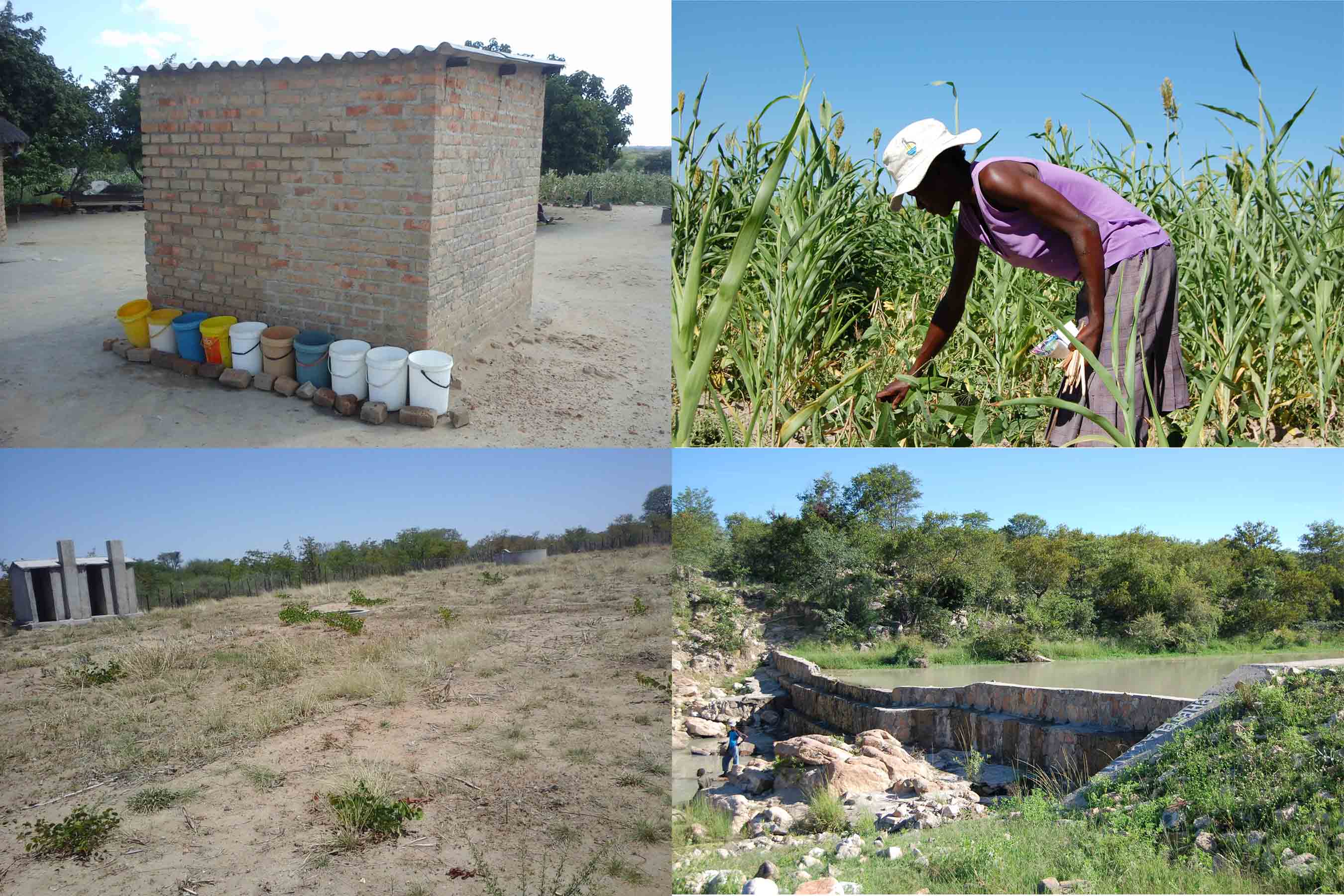 | “Yet research never strives and struggles tirelessly, according to the law, the reason, why and never” (Goethe, 1749 - 1832,)
|
Social phenomena are unique processes and states. Their respective detection requires the use of innovative and tailor-made survey instruments. Thus, results-oriented research and evaluation requires creativity and innovation in addition to technical aspects. Immanuel Kant calls for a 'change of thinking' and the Kantian thought is the source of the joy of trying out a new perspective.
In order to achieve viable results, methodological pragmatism is preferred over methodological rigorism - in which a binding scientific logic is postulated as a strict guide for the research and evaluation process. Here, a strategy is pursued that attempts to combine the methods of collection and analysis into an optimal plan as appropriate to the problem at hand.
At the interface between science and practice I offer result-oriented and innovative approaches. Here I draw on my experience in science (e.g. as a lecturer for research methods) as well as on my field experience in international cooperation. My pool of methods ranges from specific methods in qualitative research to pragmatic tools such as those found in the context of 'Capacity Developmet' or 'Capacity Works' at GIZ.
